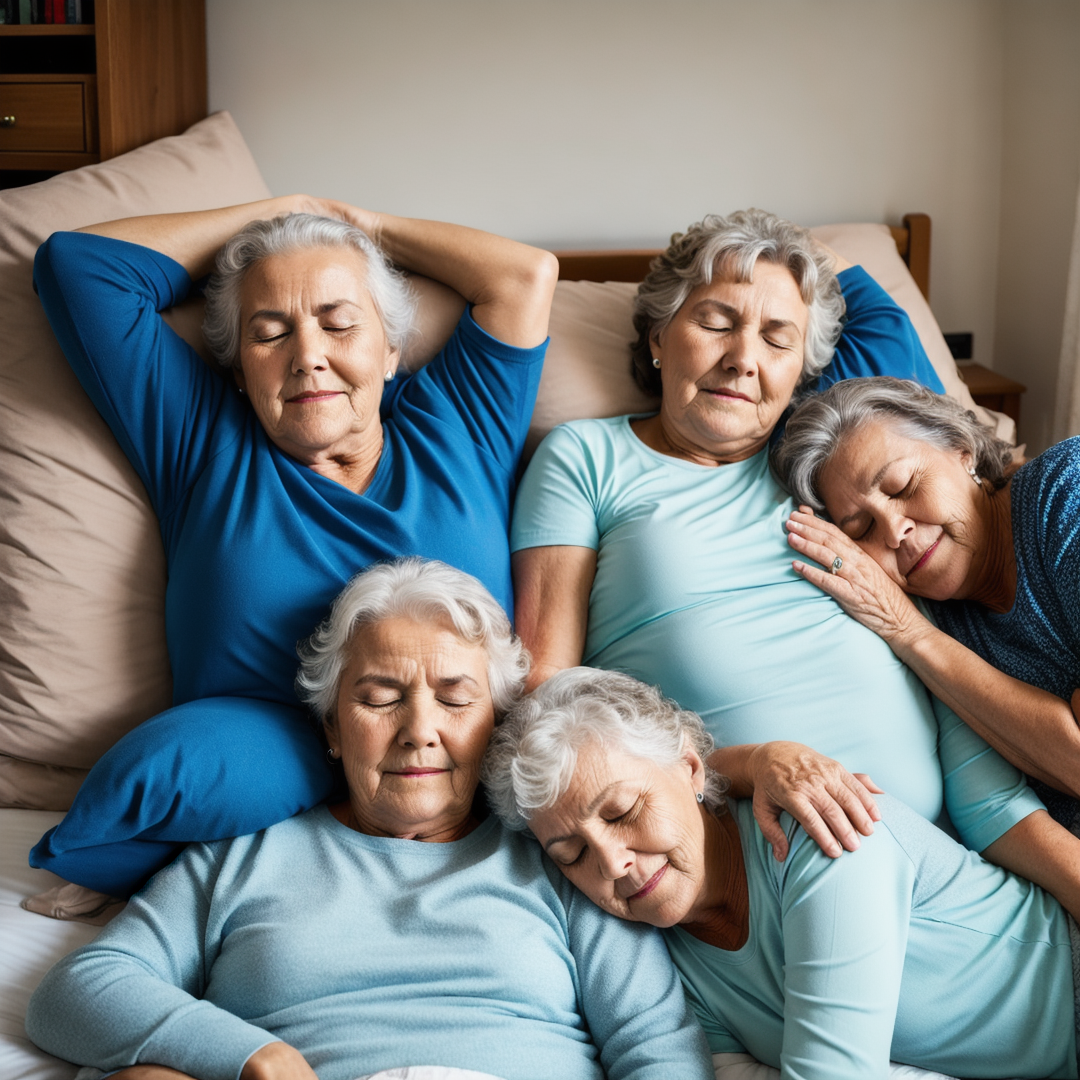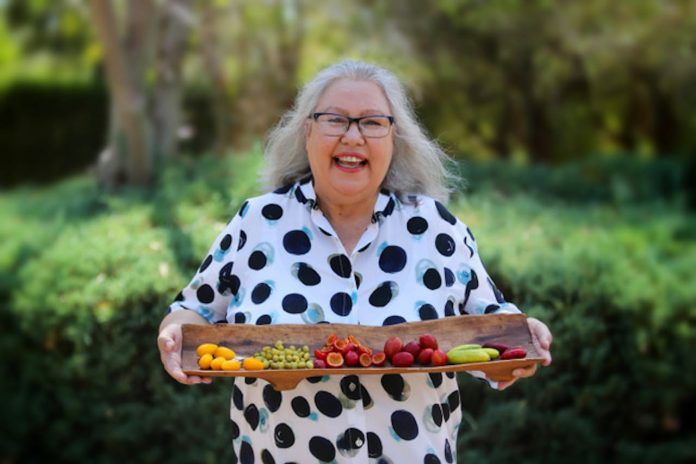Grandparents can often be a lifeline for struggling young families. So imagine if you had a handful of grandads and grandmas on tap for those times when you need help.
That’s where Wardandi Bibbulmun woman Dale Tilbrook, reckons Aboriginal families have the edge over many Europeans.
Dale, whose traditional Aboriginal country is the Margaret River, Busselton area, operates Dale Tilbrook Experiences and has been a Swan Valley local since 1998, when she opened the Maalinup Gallery with brother Lyall.
When I popped in to Maalinup to chat to Dale about bush tucker and the impact the coronavirus is having on the business, the pair were juggling an energetic four-year-old granddaughter, Willow, with running the business.
Thank heavens for a big close-knit family, able and prepared to jump in and help with nurturing a new generation of the family.
Dale says the old English phrase about it taking a village to raise a child is certainly true for Aboriginal people.
The pair are juggling the energetic youngster as we sit and chat in the gallery, surrounded by the wonderful smells of native ingredients, Aboriginal art on the walls and tables of authentic artefacts.
While Dale and Lyall are at a time in their life when most are at least contemplating retirement, Dale says Aboriginal people’s respect of their elders holds lessons for all of us.
Lyall is a poppy, because in the Wardandi tradition, all Dale’s brothers are also Willow’s grandfathers.
“She has a whole handful so she’s very lucky,” Dale laughs. “And she has one other nanna.”
Dale says that in Aboriginal culture, tradition over thousands of years dictates that the elders are the people who are actually in charge.
“It wasn’t your age that determined you were an elder, but your abilities and experience and having the backing of the other older people of the group.
“You were the wise ones.
“I think the wisdom of the elders is not quite as respected in current Western philosophy, although it probably was more so in the past when you think of the old crone who was the wise woman who held all the secrets of medicines and things like that.”
Dale believes the connection between families, particularly in Eastern Europe where people are still close to the land plays a part in the more important role of older people in families.
“Rural communities tend to have that more ‘village things’ going on where in our society my brothers and my sister are grandparents to my grandchild, which gives her a lot of people she can go to.
“It definitely works, as you can see, she’s very attached to my brother Lyall.
“On two occasions my brother who lives in Melbourne came here to help us with Willow.
“He dropped everything at home on one NAIDOC week. I think she was about two at the time, when mum was not able to look after her and we had all these bookings for NAIDOC, I was speaking to him on the phone.
“He was on the next plane. Willow had never met him before, but he had her eating out of his hand, he’s a natural at it.
“Then the year before last when I had a knee replacement he came over again and looked after Willow.”
Dale says there are things non-Aboriginal people can learn from Aboriginal people about how to work together in families.
“That close bond with my siblings has been passed on to my grandchild and I think that is absolutely wonderful.
“I know it’s very similar to other cultures. We have a lot of Indian people visiting and we often sit down and compare the similarities of cultures; it’s exactly the same in their culture.
“Their cousins are also their brothers and sisters.”
Dale says it’s hard to know whether these tight family bonds are in people’s DNA or if it is learned.
“It’s that nature or nurture discussion, but we grow up with those close connections.
“My late partner used to talk about when he lived in the south west there would be a whole phalanx of cousin brothers, in particular boys, who would hang out together.
“He said they would go roaming from one camp to the next and every camp they went to there was a mum because mum’s sisters are your mums and mum’s dads are your uncles, dad’s sisters are your aunties, dad’s brothers are your dads, but you call them all mum and dad.
“So, wherever they went they were the kids and everyone took responsibility for them, which shared the load.”
Dale says some younger Aboriginal people living in metropolitan environments don’t seem to have quite the same hold of their culture to brace them for the world as they might have done in the previous generation.
“But I think as long as they have oldies in their families they can sit at the feet of old nannas and grandads and hear the stories. They still have a way back into culture, even if they are being swayed by whatever they see on television or hear on the radio,” Dale said.



































